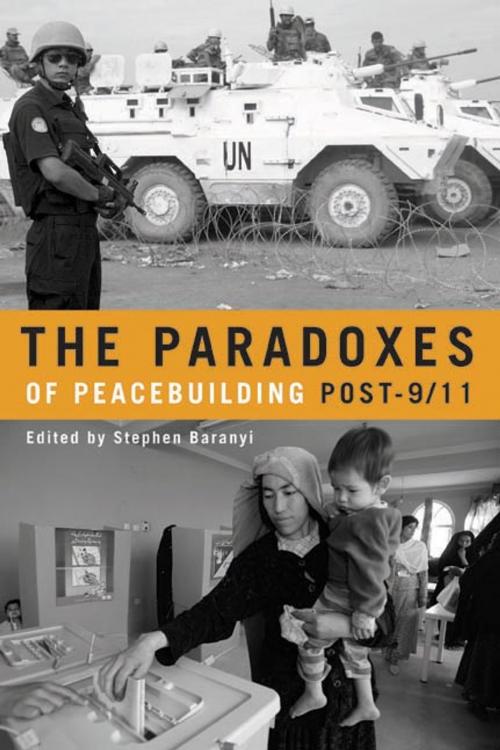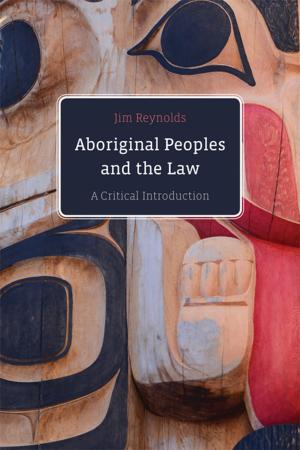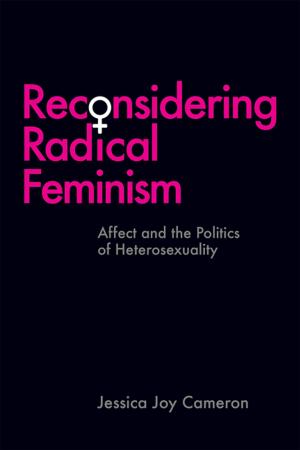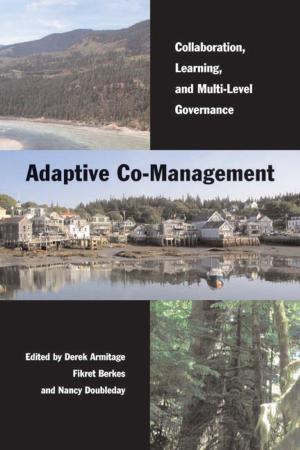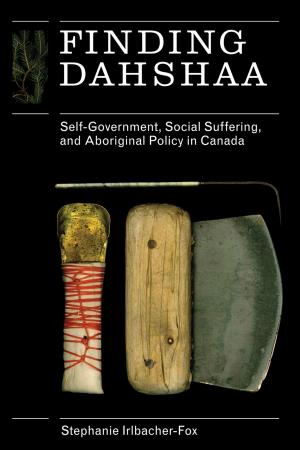The Paradoxes of Peacebuilding Post-9/11
Nonfiction, Social & Cultural Studies, Political Science, International, International Security, International Relations| Author: | ISBN: | 9780774858328 | |
| Publisher: | UBC Press | Publication: | February 1, 2009 |
| Imprint: | UBC Press | Language: | English |
| Author: | |
| ISBN: | 9780774858328 |
| Publisher: | UBC Press |
| Publication: | February 1, 2009 |
| Imprint: | UBC Press |
| Language: | English |
What kind of peace is possible in the post-9/11 world? Is sustainable peace an illusion in a world where foreign military interventions are replacing peace negotiations as starting points for postwar reconstruction? What would it take to achieve durable peace in contexts as different as Afghanistan, Mozambique, and Sri Lanka?
This book presents six provocative case studies authored by respected peacebuilding practitioners in their own societies. The studies address two cases of relative success (Guatemala and Mozambique), three cases of renewed but deeply fraught efforts (Afghanistan, Haiti, and the Palestinian Territories), and the case of Sri Lanka, where peacebuilding was aborted but where the outlines of a new peace process can be discerned. The book also includes original analyses of demobilization, disarmament, and reintegration processes in three different contexts, written by teams of Northern and Southern analysts.
The Paradoxes of Peacebuilding Post-9/11 bridges the gap between minimalist and maximalist approaches to peacebuilding, and gives voice to Southern researchers in Northern-dominated debates. It will interest practitioners and students of peace, security, and development studies, as well as policymakers at many levels of government.
What kind of peace is possible in the post-9/11 world? Is sustainable peace an illusion in a world where foreign military interventions are replacing peace negotiations as starting points for postwar reconstruction? What would it take to achieve durable peace in contexts as different as Afghanistan, Mozambique, and Sri Lanka?
This book presents six provocative case studies authored by respected peacebuilding practitioners in their own societies. The studies address two cases of relative success (Guatemala and Mozambique), three cases of renewed but deeply fraught efforts (Afghanistan, Haiti, and the Palestinian Territories), and the case of Sri Lanka, where peacebuilding was aborted but where the outlines of a new peace process can be discerned. The book also includes original analyses of demobilization, disarmament, and reintegration processes in three different contexts, written by teams of Northern and Southern analysts.
The Paradoxes of Peacebuilding Post-9/11 bridges the gap between minimalist and maximalist approaches to peacebuilding, and gives voice to Southern researchers in Northern-dominated debates. It will interest practitioners and students of peace, security, and development studies, as well as policymakers at many levels of government.
